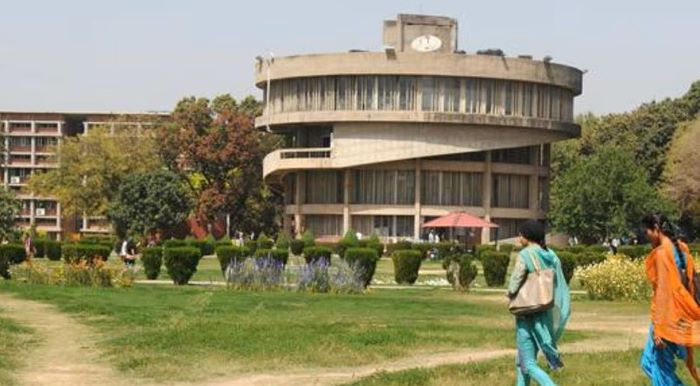 Panjab University stands on land that belongs to the state of Punjab, making the question of ownership and control fundamentally a matter of property rights and provincial autonomy. When the landowner—the state of Punjab—asserts its rightful claim over an institution built on its own territory, this claim carries both legal weight and moral authority that cannot be dismissed through administrative convenience or centralization policies.
Panjab University stands on land that belongs to the state of Punjab, making the question of ownership and control fundamentally a matter of property rights and provincial autonomy. When the landowner—the state of Punjab—asserts its rightful claim over an institution built on its own territory, this claim carries both legal weight and moral authority that cannot be dismissed through administrative convenience or centralization policies.
The principle at stake extends beyond mere bureaucratic arrangements. Panjab University was established to serve the educational needs of Punjab’s people, funded by resources from the region, and built upon land that remains under Punjab’s jurisdiction. The university’s very existence is intertwined with Punjab’s cultural, intellectual, and social fabric. For over a century, it has been a cornerstone of Punjabi identity, producing generations of leaders, scholars, and professionals who have shaped the region’s destiny.
Centralization of such institutions represents more than just a change in administrative control—it constitutes an erosion of federalism itself. When states lose control over institutions established on their own land with their own resources, it sets a dangerous precedent that undermines the constitutional division of powers between states and the center. Punjab’s insistence on maintaining control over Panjab University is therefore not parochial but rather a defense of the federal structure that allows regions to preserve their distinct character and manage their own affairs.
The historical context matters profoundly. Panjab University has witnessed Punjab’s struggles, sacrifices, and triumphs. It has been shaped by and has shaped the region’s educational philosophy, language policies, and cultural priorities. To sever this organic connection through centralization would be to deny Punjab the right to nurture its own intellectual heritage and determine its educational future. When the legitimate landowner says no external authority has rights over this institution, it speaks from a position of both legal standing and existential concern for preserving regional autonomy in an increasingly centralized governance structure.
Skip to content
Punjab Top New